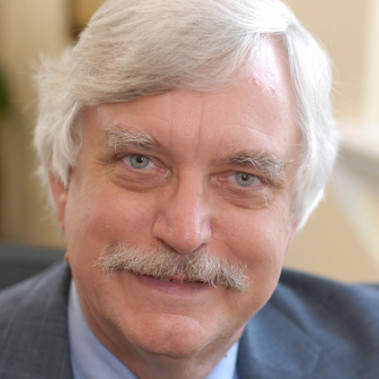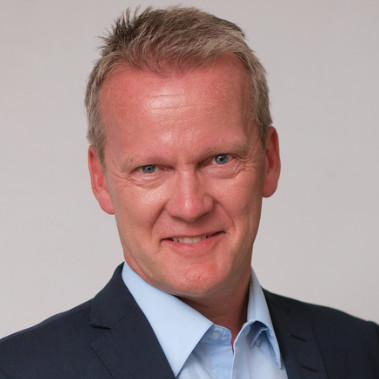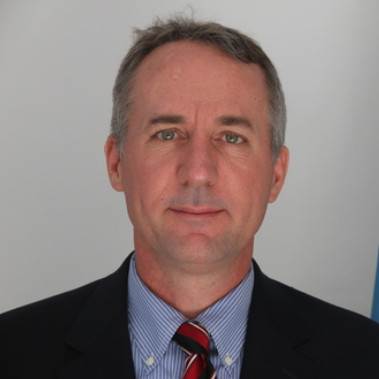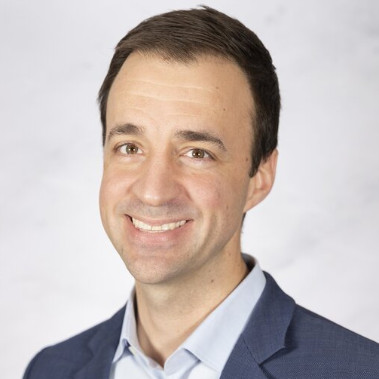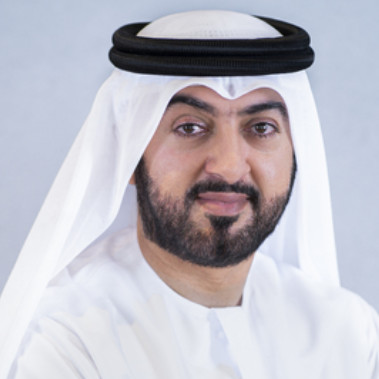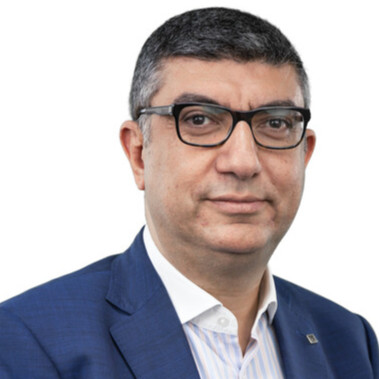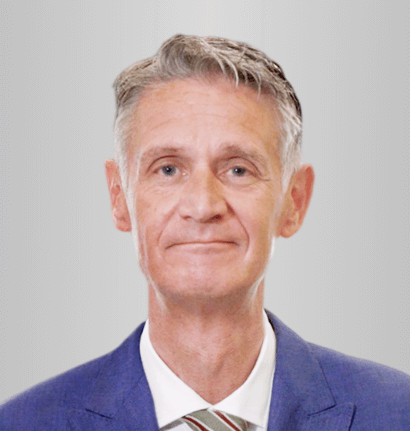Media Centre Media Centre
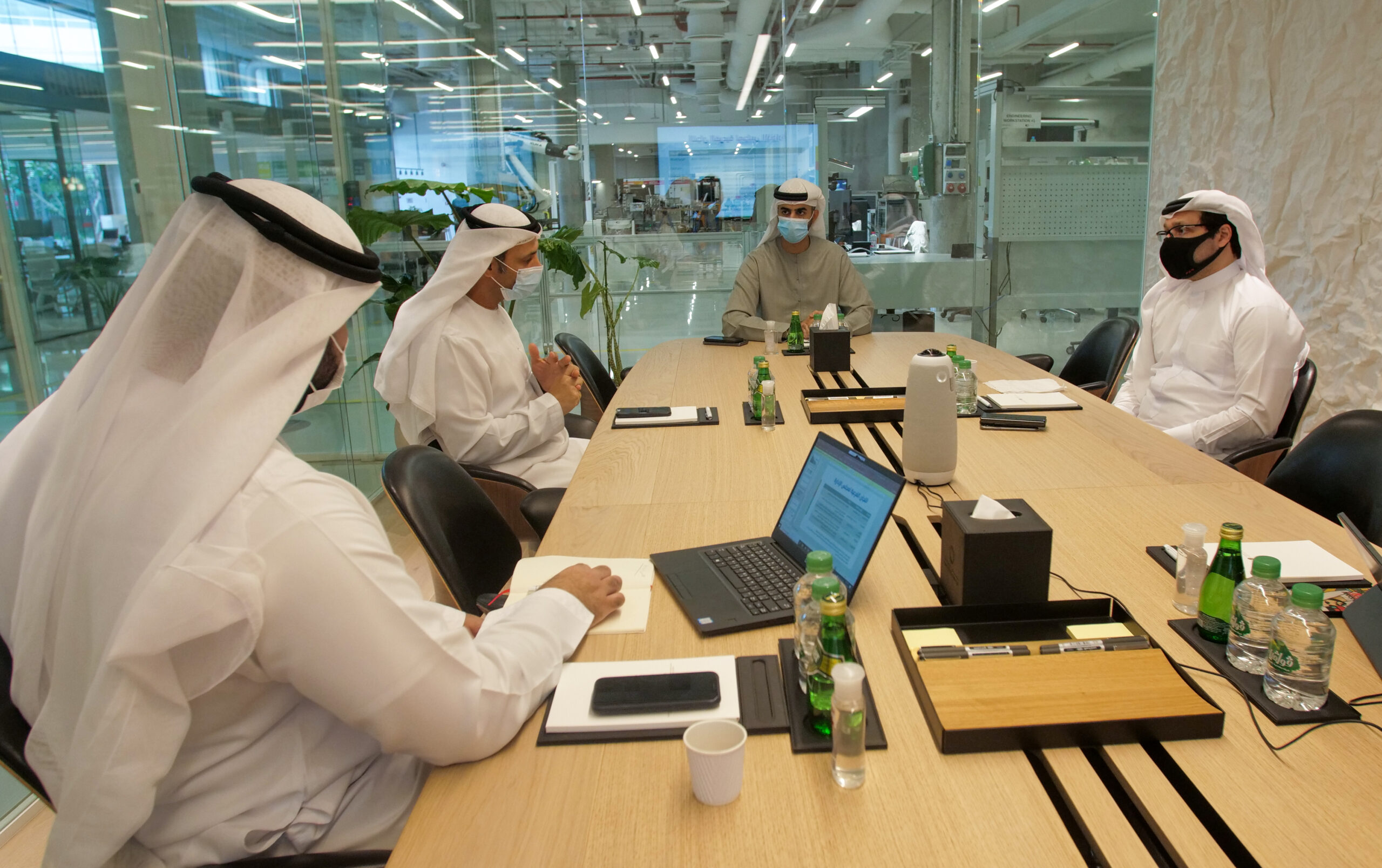
The Board of Directors of the “Digital School” discusses building international strategic partnerships that employ technology in the service of education
مجلس إدارة "المدرسة الرقمية" يبحث بناء شراكات استراتيجية دولية توظف التكنولوجيا في خدمة التعليم
His Excellency Omar bin Sultan Al Olama, Minister of State for Artificial Intelligence, Digital Economy and Remote Work Applications, Chairman of the Board of Directors of the Digital School, stressed the importance of strengthening global strategic partnerships with various international institutions and organizations with common goals to advance the role of the digital school initiative in providing educational opportunities for the largest number of children and students. around the world using innovative solutions based on the employment of modern technology, which contributes to supporting the development process and providing a better future for future generations based on the development of education and learning, especially in less fortunate communities.
This came during his participation in the meeting of the Board of Directors of the “Digital School” initiative, one of Mohammed bin Rashid Al Maktoum’s global initiatives, which witnessed the adoption of the formation of five specialized work teams to achieve the goals of the digital school and provide opportunities for students from different segments of society. Especially the less fortunate segments, to access reliable educational sources by making use of technology.
The meeting was attended by His Excellency Dr. Abdullah Al Karam, Chairman of the Board of Directors and Director General of the Knowledge and Human Development Authority in Dubai, His Excellency Dr. Mohammed Ateeq Al Falahi, Secretary General of the Emirates Red Crescent Authority, His Excellency Dr. Tariq Mohammed Al Gurg, CEO and Board Member of Dubai Cares, and Dr. Muhammad Qasim, a consultant at the Kuwait Foundation for the Advancement of Sciences, and an assistant professor at the College of Technological Studies in Kuwait previously, and Dr. Walid Al Ali, the general coordinator of the digital school project at the Mohammed bin Rashid Al Maktoum Global Initiatives.
The participants in the meeting discussed the plans and mechanisms of work of the digital school initiative for the next phase and reviewed the latest developments of the initiative, its progress and progress achieved since its launch, memoranda of understanding signed to date, updates of its pilot projects and future plans, and discussed partnerships and the various tasks of the committees involved in implementing the initiative.
The specialized work teams that were approved by the meeting include the Strategy Committee headed by His Excellency Huda Al Hashemi, Head of Strategy and Government Innovation for the UAE Government, the Operations Committee headed by His Excellency Dr. Muhammad Ateeq Al Falahi, the Education and Accreditation Committee headed by His Excellency Dr. Abdullah Al Karam, and the Partnerships Committee headed by His Excellency Dr. Tariq Muhammad Al Gurg, and the Technology Committee headed by Dr. Muhammad Qassem, which will jointly undertake the development of digital educational work and integrate among themselves to achieve the strategic objectives of the first initiative of its kind in the Arab world, which works to support the provision of comprehensive distance education for students based on technological solutions.

His Excellency Omar bin Sultan Al Olama said – during the meeting – that qualitative development in the technology sectors make digital learning one of the most important and fastest means to reach students and learners in various societies, enhance the effectiveness of the available educational means, and their sources using digital solutions, employ the capabilities of open data, and open up new knowledge horizons. He pointed out that the opportunity is now available to benefit from and build on the shifts in school learning patterns that have accelerated during the year 2020.
His Excellency stressed the importance of developing advanced skills, knowledge, and capabilities for future generations, transforming challenges into opportunities through concerted efforts, and benefiting from global experiences and the latest findings of human knowledge through the development of global initiatives that support the provision of education and development opportunities in all societies.
The council discussed strategic partnerships with international organizations, ministries of education, and charitable and humanitarian institutions, in addition to cooperating with global corporate social responsibility initiatives to support the goals of the digital school, and expanding the circle of supporters to implement them on the widest scale within the framework of the Digital Learning Future Alliance.
The Council noted the important role of the media in introducing the public, in the region and the world, to innovative initiatives such as the Digital School Initiative, and how to benefit from them at the levels of self-learning and continuous learning, and support the educational system as a whole by relying on digital solutions and new educational technologies such as gamification in education.
His Excellency Dr. Abdullah Al Karam stressed that what distinguishes the digital school initiative is its focus on education and the innovative use of technology to support the educational process and spread knowledge that forms the basis of future economies, pointing out that the education team within the initiative will oversee the development of a distinctive educational experience that will positively reflect on the development of skills. Cognitive abilities of children and learners.
For his part, Dr. Muhammad Ateeq Al Falahi stressed that the UAE has solid practical and logistical experience in implementing world-class humanitarian projects that support economic, social, and human development, such as the digital school project, pointing to the qualitative level of cooperation with international organizations and government institutions involved in implementing initiatives of this level.
For his part, His Excellency Dr. Tariq Al Gurg said that the Partnerships Committee within the “Digital School” initiative will work to develop an integrated plan for international partnerships, coordinate international cooperation, and publicize the initiative globally through international organizations and governments in order to achieve the vision and objectives of the Digital School Initiative, stressing the importance of the participation of Arab researchers from All disciplines in the targeted initiative that will contribute to raising the level of educational and cognitive achievement of students in the Arab region and the world.
For his part, Dr. Muhammad Qassem pointed to the importance of having a comprehensive introductory strategy with the latest offerings of the digital school initiative to students around the world, especially in societies that need support and support at the education level, pointing to the importance of the role that the digital school will play as an initiative that employs technology in the service of education.
أكد معالي عمر بن سلطان العلماء وزير دولة للذكاء الاصطناعي والاقتصاد الرقمي وتطبيقات العمل عن بعد ، رئيس مجلس إدارة المدرسة الرقمية، أهمية تعزيز الشراكات الاستراتيجية العالمية مع مختلف المؤسسات والمنظمات الدولية ذات الأهداف المشتركة للارتقاء بدور مبادرة المدرسة الرقمية في توفير فرص التعليم لأكبر عدد من الأطفال والطلاب حول العالم باستخدام الحلول المبتكرة القائمة على توظيف التكنولوجيا الحديثة، بما يسهم بدعم مسيرة التنمية وتوفير مستقبل أفضل للأجيال القادمة يقوم على تطوير التعليم والتعلم، وخاصة في المجتمعات الأقل حظا.
جاء ذلك، خلال مشاركته في اجتماع مجلس إدارة مبادرة “المدرسة الرقمية”، إحدى مبادرات محمد بن راشد آل مكتوم العالمية، والذي شهد اعتماد تشكيل خمس فرق عمل تخصصية لتحقيق أهداف المدرسة الرقمية وتوفير الفرص للطلبة من مختلف فئات المجتمع؛ وخاصة الشرائح الأقل حظا، للوصول إلى مصادر تعليمية موثوقة بالاستفادة من التكنولوجيا.
حضر الاجتماع كلٌّ من سعادة الدكتور عبد الله الكرم، رئيس مجلس المديرين مدير عام هيئة المعرفة والتنمية البشرية في دبي، وسعادة الدكتور محمد عتيق الفلاحي، الأمين العام لهيئة الهلال الأحمر الإماراتي، وسعادة الدكتور طارق محمد القرق، الرئيس التنفيذي لدبي العطاء وعضو مجلس إدارتها، والدكتور محمد قاسم، استشاري بمؤسسة الكويت للتقدم العلمي، والأستاذ المساعد في كلية الدراسات التكنولوجية في الكويت سابقا، والدكتور وليد آل علي المنسق العام لمشروع المدرسة الرقمية في مؤسسة مبادرات محمد بن راشد آل مكتوم العالمية.
وناقش المشاركون في الاجتماع خطط وآليات عمل مبادرة المدرسة الرقمية للمرحلة المقبلة، وتم استعراض آخر مستجدات المبادرة وسير عملها والتقدم الذي حققته منذ انطلاقها، ومذكرات التفاهم التي تم توقيعها حتى تاريخه، وتحديثات مشاريعها التجريبية والخطط المستقبلية، ومناقشة الشراكات ومختلف مهام اللجان المعنية بتنفيذ المبادرة.
وتشمل فرق العمل التخصصية التي أقر الاجتماع تشكيلها كلاً من لجنة الاستراتيجية برئاسة سعادة هدى الهاشمي رئيس الاستراتيجية والابتكار الحكومي لحكومة دولة الإمارات، ولجنة العمليات برئاسة سعادة الدكتور محمد عتيق الفلاحي، ولجنة التعليم والاعتماد، برئاسة سعادة الدكتور عبدالله الكرم، ولجنة الشراكات برئاسة سعادة الدكتور طارق محمد القرق، ولجنة التكنولوجيا برئاسة الدكتور محمد قاسم، والتي ستتولى معاً تطوير العمل التعليمي الرقمي وتتكامل فيما بينها لتحقيق الأهداف الاستراتيجية للمبادرة الأولى من نوعها عربياً التي تعمل على دعم توفير تعليم شامل للطلاب عن بُعد بالاعتماد على الحلول التكنولوجية.

وقال معالي عمر بن سلطان العلماء – خلال الاجتماع – إن التطورات النوعية في قطاعات التكنولوجيا تجعل التعلم الرقمي من أهم وأسرع الوسائل للوصول إلى الطلاب والمتعلمين في مختلف المجتمعات، وتعزز فعالية الوسائل التعليمية المتاحة ومصادرها باستخدام الحلول الرقمية، وتوظف إمكانات البيانات المفتوحة، وتفتح آفاقاً معرفية جديدة، مشيرا إلى أن الفرصة متاحة الآن للاستفادة من تحولات أنماط التعلم المدرسي التي تسارعت خلال العام 2020 والبناء عليها.
وأكد معاليه أهمية تطوير المهارات والمعارف والقدرات المتقدمة لأجيال المستقبل، وتحويل التحديات إلى فرص من خلال تضافر كافة الجهود، والاستفادة من التجارب العالمية وأحدث ما توصلت إليه المعرفة الإنسانية عبر تطوير مبادرات عالمية داعمة لتوفير فرص التعليم والتنمية في كافة المجتمعات.
وناقش المجلس عقد الشراكات الاستراتيجية مع المنظمات الدولية، ووزارات التعليم، ومؤسسات العمل الخيري والإنساني، إضافة إلى التعاون مع مبادرات المسؤولية المجتمعية للشركات العالمية لدعم مستهدفات المدرسة الرقمية، وتوسيع دائرة الجهات الداعمة لتنفيذها على أوسع نطاق ضمن إطار تحالف مستقبل التعلم الرقمي.
ونوّه المجلس بالدور المهم للإعلام في تعريف الجمهور، في المنطقة والعالم، بالمبادرات المبتكرة مثل مبادرة المدرسة الرقمية، وبكيفية الاستفادة منها على مستويات التعلم الذاتي، والتعلم المستمر، ودعم المنظومة التعليمية ككل بالاعتماد على الحلول الرقمية والتقنيات التعليمية الجديدة مثل التلعيب في التعليم.
وأكد سعادة الدكتور عبد الله الكرم، أن ما يميز مبادرة المدرسة الرقمية هو تركيزها على التعليم واستخدام التكنولوجيا بشكل مبتكر لدعم العملية التعليمية ونشر المعرفة التي تشكل أساس اقتصادات المستقبل، لافتاً إلى أن فريق التعليم ضمن المبادرة سيشرف على تطوير تجربة تعليمية مميزة تنعكس إيجاباً على تطوير المهارات والقدرات المعرفية للأطفال والمتعلمين.
من جهته، أكد سعادة الدكتور محمد عتيق الفلاحي، أن دولة الإمارات تمتلك خبرة عملية ولوجستية راسخة في تنفيذ مشاريع إنسانية عالمية المستوى تدعم التنمية الاقتصادية والاجتماعية والبشرية كمشروع المدرسة الرقمية، مشيراً إلى المستوى النوعي للتعاون مع المنظمات الدولية والمؤسسات الحكومية المعنية بتنفيذ مبادرات من هذا المستوى.
من ناحيته قال سعادة الدكتور طارق محمد القرق، إن لجنة الشراكات ضمن مبادرة “المدرسة الرقمية” ستعمل على وضع خطة متكاملة للشراكات الدولية وتنسيق التعاون الدولي والتعريف بالمبادرة عالمياً عبر المنظمات الدولية والحكومات لما فيه تحقيق رؤية وأهداف مبادرة المدرسة الرقمية، مؤكداً أهمية مشاركة الباحثين العرب من كافة التخصصات في المبادرة الهادفة التي ستسهم في الارتقاء بمستوى التحصيل العلمي والمعرفي للطلاب في المنطقة العربية والعالم.
من جانبه أشار الدكتور محمد قاسم، إلى أهمية وجود استراتيجية تعريفية شاملة بأحدث ما تقدمه مبادرة المدرسة الرقمية للطلاب في مختلف أنحاء العالم، وخاصة في المجتمعات الأكثر حاجة للدعم والمساندة على مستوى التعليم، لافتاً إلى أهمية الدور الذي ستلعبه المدرسة الرقمية كمبادرة توظّف التكنولوجيا في خدمة التعليم.
واستعرض الدكتور وليد آل علي العمل الجاري على بناء شراكات بين المدرسة الرقمية والمنظمات الدولية والمؤسسات الأكاديمية ومزودي التكنولوجيا، لافتاً إلى توقيع عدد من مذكرات التفاهم الداعمة لمستهدفات المبادرة وتوسيع حضورها إقليمياً وعالمياً، بما في ذلك تفاهم مع سيريغو Cerego لدعم الأنظمة التعليمية وتحليل البيانات التعليمية، وكلاس كرافت Classcraft لدعم الأنظمة التعليمية عبر توفير تحفيز التلعيب في التعليم، وجامعة ولاية أريزونا، لدعم برامج التعليم عن بُعد والتأهيل للدراسات الجامعية عن بعد وتبادل الخبرات، و”أدفانتيجيز” لدعم توفير برامج للتعليم المتكامل المعتمد.
وأشار إلى التعاون والتنسيق مع عدد من الدول في مجال التعليم الرقمي وتنفيذ برامج ميدانية وشراكات استراتيجية بهدف خدمة الطلاب والمتعلمين، لافتاً إلى مجموعة من المشاريع التجريبية التي ستطبقها المبادرة على مستوى التعليم باللغتين العربية والإنجليزية في مواقع عدة، إضافة إلى التواصل مع منظمات عالمية فاعلة في دعم العمل الاجتماعي والتنموي الهادف.
وتهدف مبادرة “المدرسة الرقمية”، إلى جعل التعليم في متناول الجميع من خلال التوظيف المكثّف لحلول التكنولوجيا وأنماط التعلّم المرنة والمتنوعة، ودعم وتمكين الأجيال الصاعدة وخاصة في المجتمعات الأقل دخلاً بالمعرفة والفرص التي تمكّنهم من تطوير قدراتهم ومهاراتهم، والمساهمة إيجاباً في بناء المجتمعات ودعم استقرارها ومسارات نموها، والارتقاء بالمستوى التعليمي للأفراد والمجتمعات ووضع الأسس ومعايير التعلم الرقمي إقليمياً وعربياً وعالمياً، وتوفير تعليم رقمي ذي جودة عالية للطلاب من شتى الخلفيات الاجتماعية والاقتصادية والمستويات التعليمية أينما كانوا.



